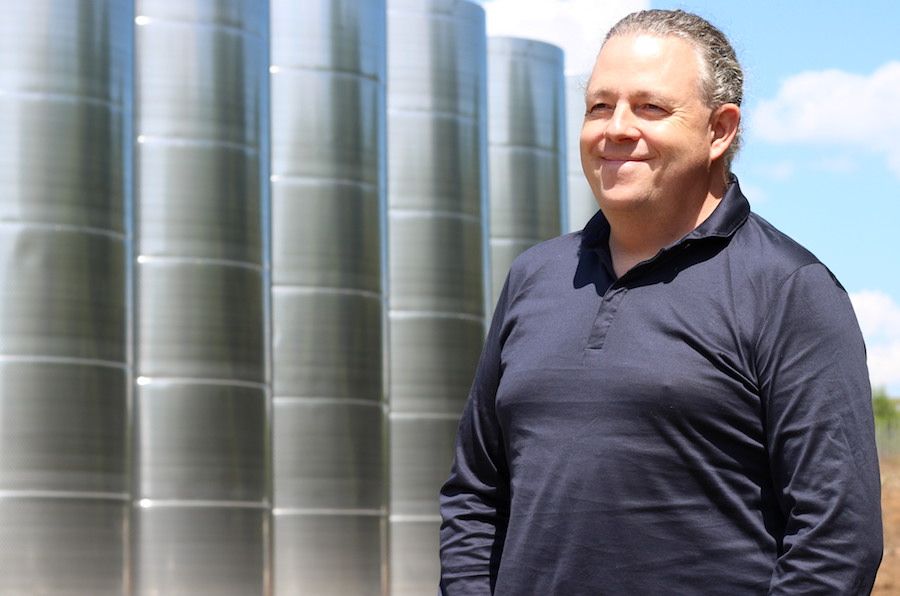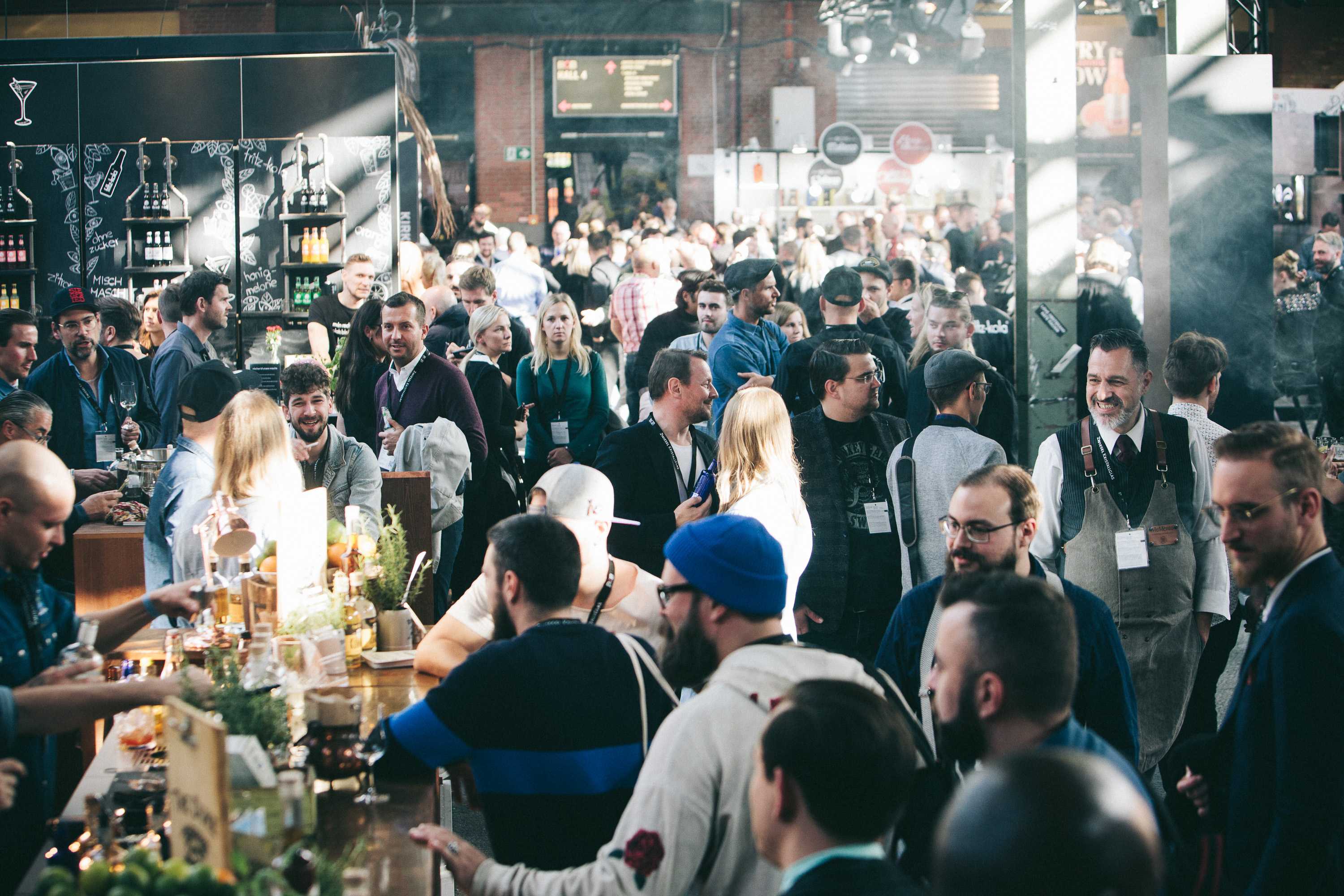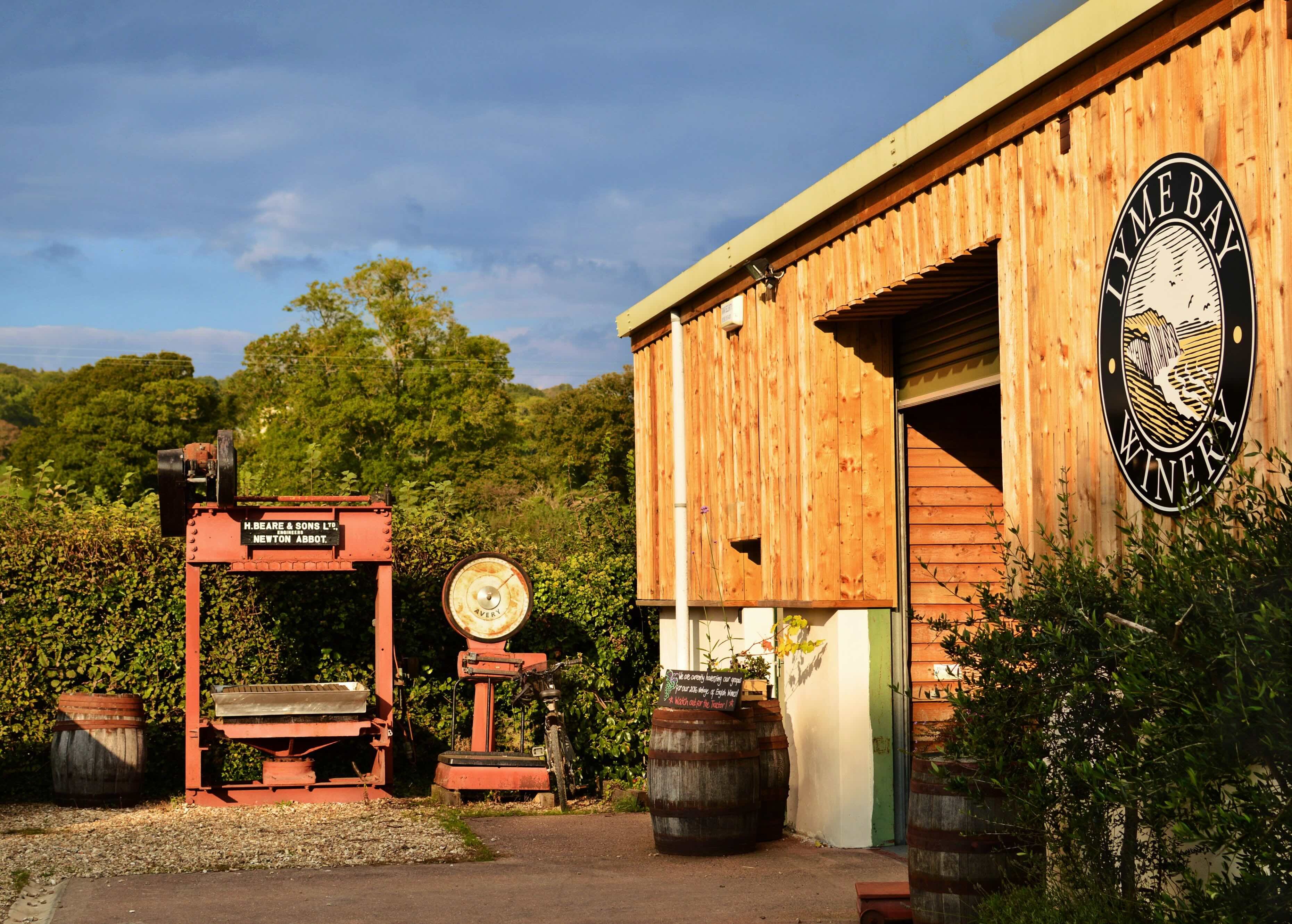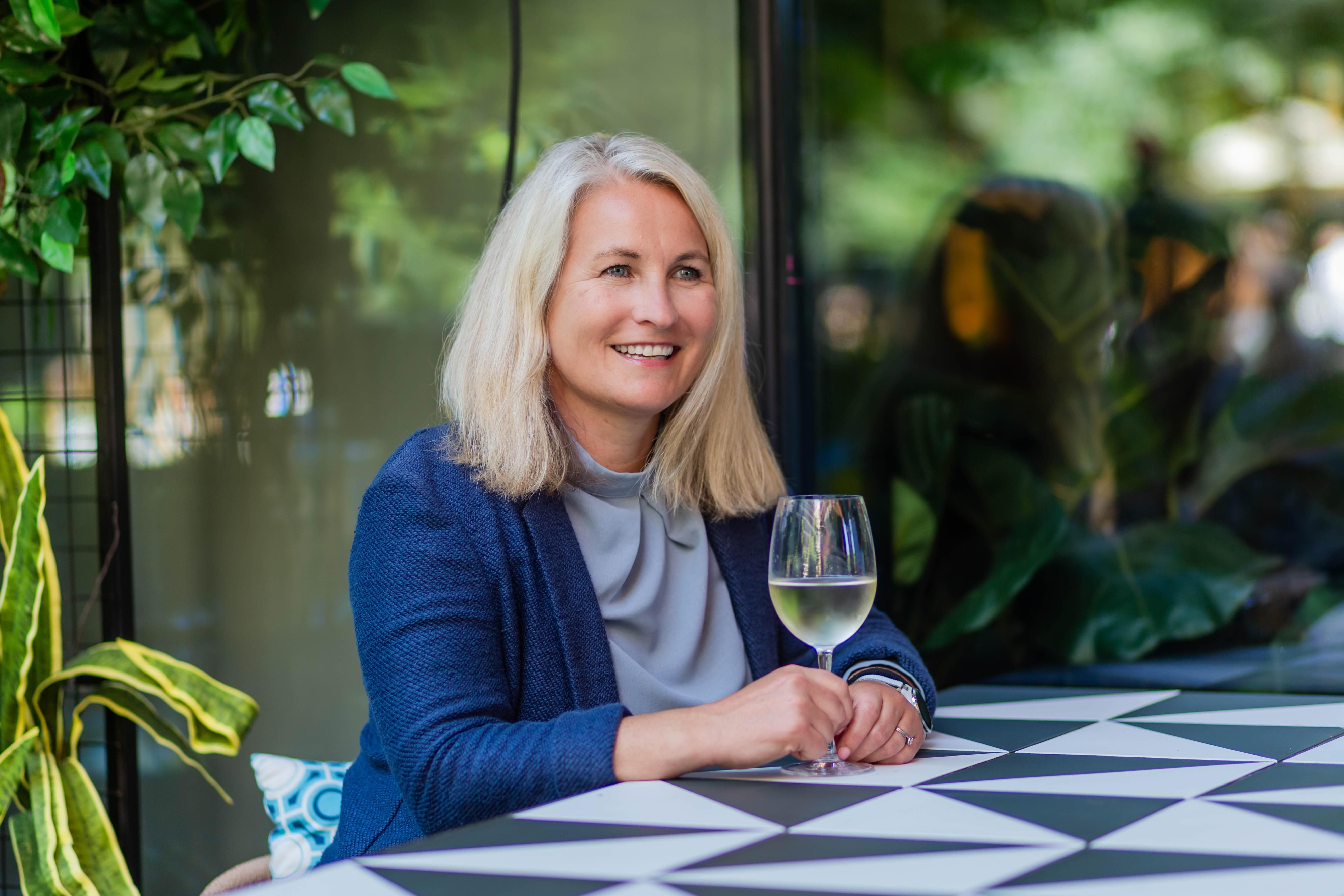With listings in nearly all major retailers and wine specialists in the UK, Cramele Recas is almost single handedly turning thousands of consumers a week over to Romanian wines, even if they don’t realise it. Owner, Philip Cox, hopes its new vegan approach will bring even more customers over to its wines.
So why are you making this move over to vegan wine production?
So why are you making this move over to vegan wine production?
Because we think it will help sell more wine and send a message of added value to consumers and traders. We found increased interest in this subject both in the wine press but also from buyers, and it’s not that hard to do so we decided to go ahead.
What changes has it involved in the winemaking?
We already changed the production of our red wines many years ago to avoid animal products, as part of a more general plan to make our wines more naturally and using the least amounts of intervention and fermentation/settling materials possible. Red wines are rather more simple to produce and if the grapes and winemaking are good, they really don’t need a lot of help, just a bit of sulphur, but even the amount of SO2 we have in our red wines is below the threshold considered ‘natural’ by the natural wine community.
For white wines we used to use gelatin of animal origin as part of the juice clarification process, but will will replace that with products of vegetable origin, so it’s not that complicated really – just changing one product.
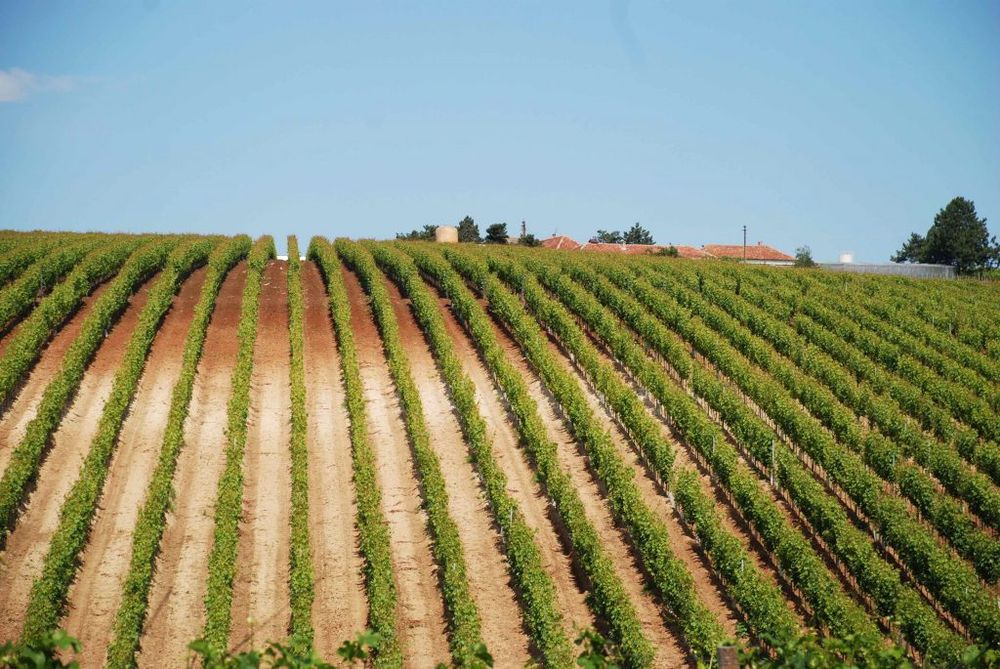
Moving to vegan production has not involved too many changes says Cramele Recas
Have you taken advice/seen other winemakers doing this to know what to do?
We have four highly qualified Australian and Spanish winemakers and they all work back in Australia during the winter season here, so they are in constant touch with new developments and the valuable research done by the AWRI.
What difference, if any, does it make to the taste of the wine?
I do not think it would make much difference to the wine at all. Even the animal based products we were using till now for our whites do not remain in the wine and do not impart any flavour, they were just a process aid to clarify the juice. Doing it with vegetable based products will be much the same.
It’s exactly the same winemaking technique, it might make the process slightly slower and more expensive a bit, but nothing that will change the style of the wine.
Which wines have you changed over to vegan so far?
We changed the process for all our whites, and our reds already did not use animal products, so it’s our whole production – which we are aiming to get to 19,000,000 litres of wine this year.
Are you going to promote the fact they are vegan on the bottle?
We are starting to roll out information on our labels that mention the fact the wines are veggie. We have already had some interest from traders, wholesalers and restaurants both in veggie wine, and in general in more natural low intervention winemaking. We made our first orange wines in 2016 and have just listed one in Aldi UK. So we see more interest in this kind of vegetarian, no-intervention product too.
Are you organic or biodynamic as well?
No. I don’t believe organic winemaking is actually very natural or good for the wine, and even less so for biodynamic. We want to make the best wines possible because Romania is not well known so we have to over deliver on quality to succeed
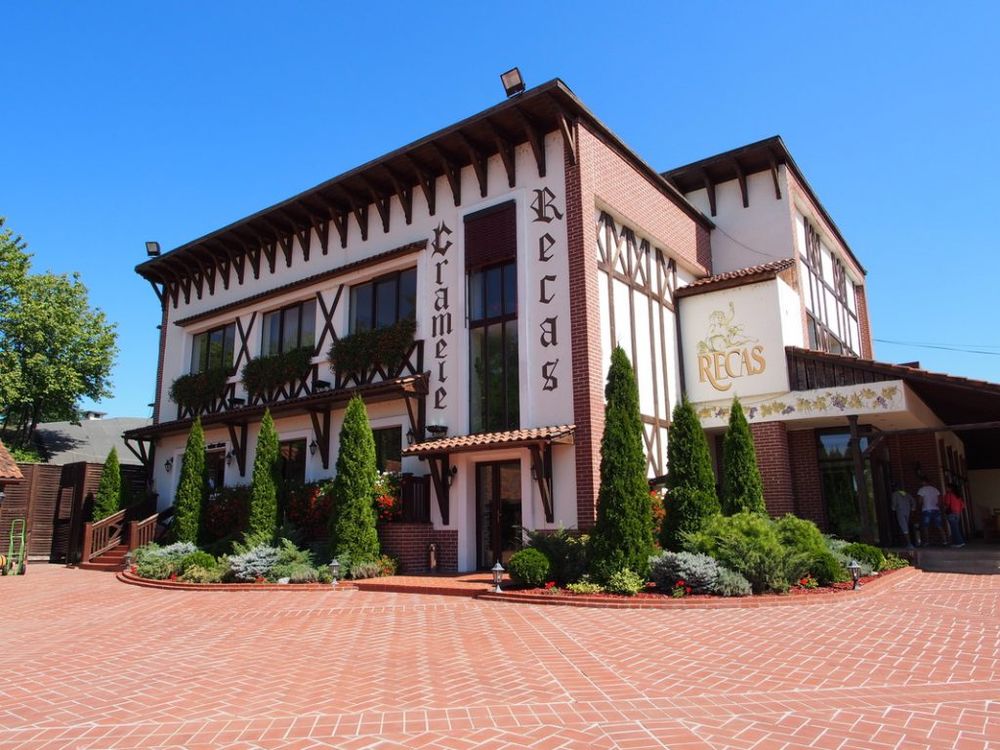
Cramele Recas has seen huge growth in its export markets over the last two years particularly in the UK and Germany
How has the last couple of years gone for the winery?
I have been absolutely shocked by the evolution of our business over the last two years. We were a pretty successful winery in 2016 but since then things have gone crazy and our sales have doubled on the export markets and the local market is also growing at 25% per year.
We have doubled the size of the winery, quadrupled the bottling capacity with state of the art equipment, bought and planted an additional 190 hectares of vineyards (on top of our existing 1,000 hectares we had in 2016 – all replanted since we started in 1998). All of which comes to an investment of over €10 million, but worth it as otherwise we could not keep up with demand.
We “cracked” the German market, something which had long been on my list of things to do, and the Netherlands is also growing very strongly, and surprisingly (for me) the UK market is also growing well, much better than we anticipated after the Brexit vote.
We have seen new listings recently in Tesco, Morrisons, Spar, Aldi, Corney & Barrow which all promising, as well as with existing clients like Sainsbury, Asda, Waitrose, Majestic, Tanners, Adnams, Matthew Clark, Inveraity Morton, Alliance Wine, Jascots, St Austell and Oddbins. They are all doing well and growing well. So at least for the moment the UK is looking very good.
Have you been able to benefit from the short harvests in 2017 in much of the rest of Europe?
In a word, yes, and I think the results are only just starting to happen. This situation has caused a bit of an upheaval in the world of wine, together with other longer term things like the trade deals pushing increasing amounts of southern hemisphere wine to the Chinese and other markets outside Europe, and this depriving European markets of long time staple suppliers of value bulk wines.
Our latest listings I think are all partially helped by buyers being pushed into looking much harder for new sources of great value quality wines. The German market in particular I think is open to our wines now and holds a lot of potential.
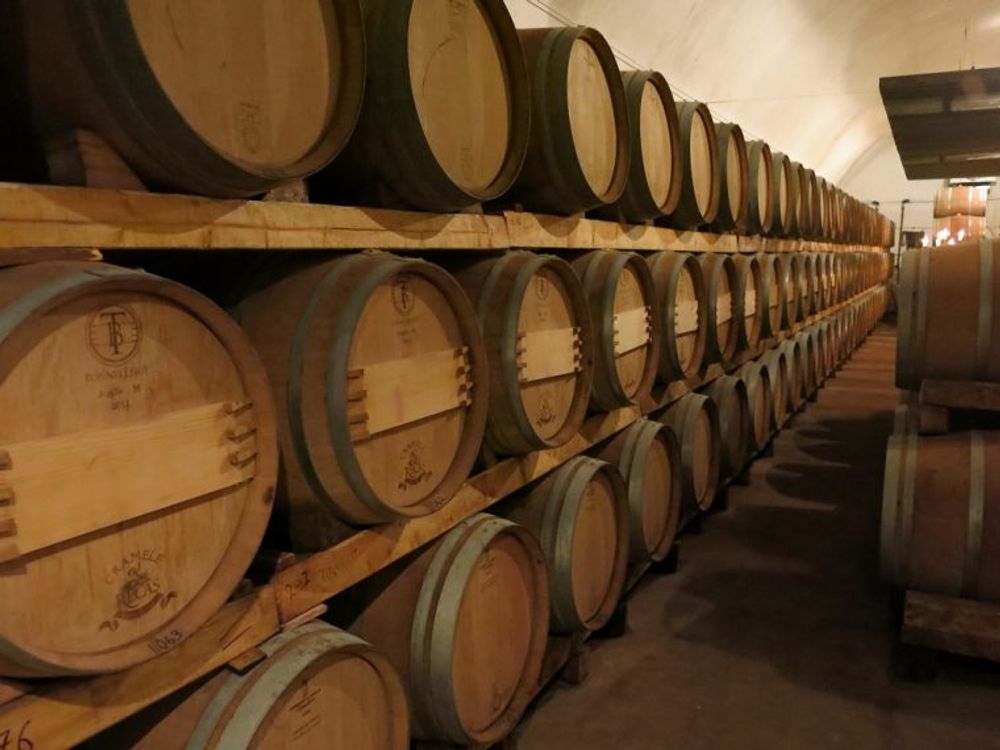
Cramele Recas has had to invest over €10m to keep up with demand for its wines
If so what sort of business have you been able to pick up?
Short term it’s all about fitting wines to customer demand in the key markets, be that quality Pinot Noir and Pinot Grigio at ultra competitive price and quality for the UK. Then its been around providing a new source of Sauvignon Blanc, Cabernet and rosé for the German market, combined with great innovative packaging and high level customer support and marketing.
We are also able to offer modern retakes of local varietals like Feteasca Regala and Feteasca Neagra for the Romanian market.
I think in time, as awareness of Romania increases, and if we can manage to disassociate ourselves from the ugly ‘Eastern Europe/rest of the world label’, then I think we can have much greater success with the local varietals such as Fetasca Regala, Feteasca Neagra, Negru de Dragasani. These are all distinctive and great food friendly wines that consumers love once you can manage to get them to try them.
We have done well already with local varietals under the Wine Atlas label in Asda, and the Nonius label in Aldi UK and I think this is something we have to push as our strong point. At the end of the day not every wine producing country has varietals that are completely distinctive and unique and that are thousands of years old and taste great at moderate prices.
How do you see the future of Romanian wine?
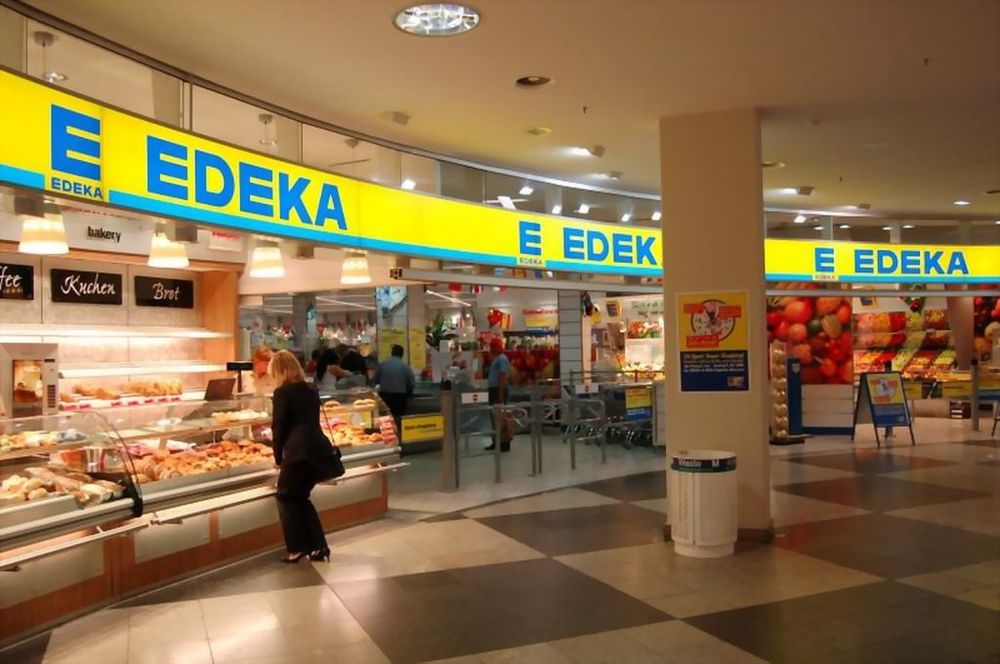
Cramele Recas is working well with chains like Edeka in GermanyRight now Germany is the fastest growing market with what I would call ‘smart labels’ and smart marketing, like our food pairing brand which we have developed together with our German partner, Mack & Schule, for the mid-range supermarkets such as Edeka and Rewe. Or our Richig Lecker label which is doing great in Penny Market and Rewe, and even has its own consumer created Instagram feed with thousands of followers.
I see great opportunities for different sizes, so the half bottle size seems to be showing great potential now, driven by the rise in the number of one person families or families where only one drinks wine. We did some half bottles for Aldi UK and now we are looking to launch in Germany too this autumn.
Most of our wines we sell into western Europe and the US markets are at what I would call fighting varietal prices. So €3 in the countries with moderate tax regimes, £6 in the UK, $7in the US, but we are strongly growing our mid-range segment which would be €6 euro in non-taxed countries, about £9 in the UK, with higher end single vineyard products.
And in our part of Europe we are doing even better with more premium and ultra-premium products up to €30 per bottle, of which we are the biggest player on the Romanian market with around 1 million bottles per year over €10 shelf price.
What are the biggest opportunities for you?
Until recently some buyers would flat out not even want to consider Romania, just because of pre-conceptions. That has changed a lot in the last couple of years in the UK and Netherlands. It is also changing now in Germany and the US and will probably change slower around the rest of the world.
What are the biggest challenges?
In some countries, like with Asian customers, it’s still an issue. All we can do is maintain a high visibility policy using social media, the wine media, competitions etc, and get people to taste the wines. Once people taste them and compare them to wine from more established countries at the same price level they are blown away.
You seem to be getting stronger and stronger in the UK?
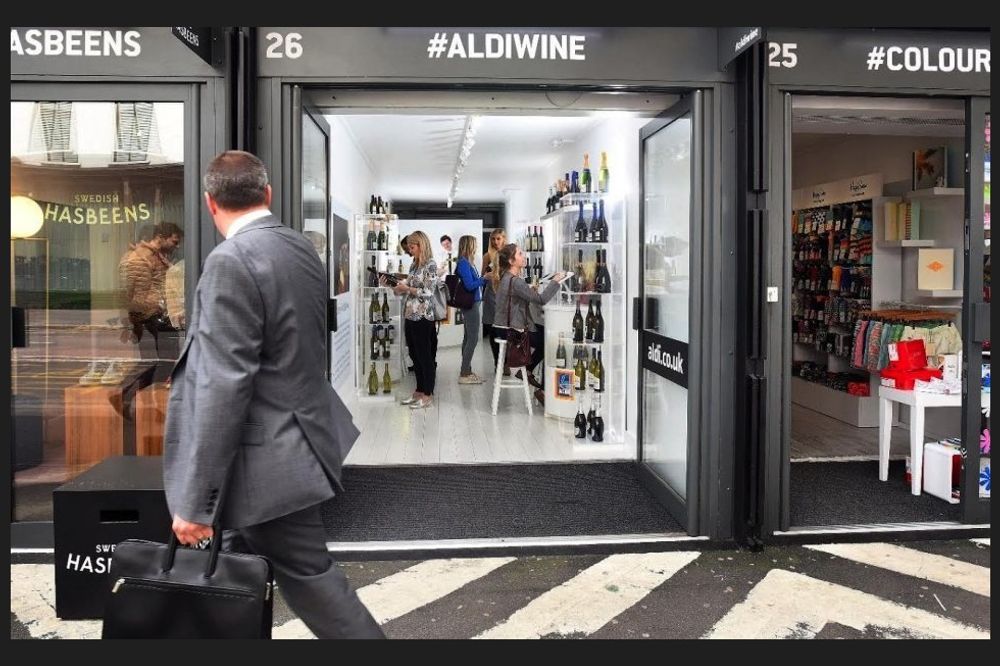
Cox says that of all its UK partners, Aldi is the one most open to new ideas
The UK is doing great. I am very excited by our work with Aldi which has a fantastic team and is prepared to take risks on outlandish ideas. I can’t imagine many other large scale supermarkets trying an orange wine let alone one from Romania.
Corney & Barrow has just started with our wine and they are great people too and I really believe in them to do great things with them.
Spar is a great company to do business with, and, of course, all our steadfast customers that have backed us for years like Tanners, Adnams, Sainsbury, Majestic, Waitrose. They’re all going well as well. We had around 30 % growth in the UK last year and 50 % in first half of this year.
A special mention goes to Robin Copestick at Copestick Murray who has been integral to our success in the UK.
And the future?
At the end of the day we are a young company , just out of our teens (founded 1998). Our vineyards are just starting to get old enough to develop great quality and also we have a great diversity of products, with over 45 styles of wine from great value varietals to super premium Amarone style reds, method traditional sparklers, desert wines. We also cover 20 varietals, 250 labels, have lots of packaging sizes, and we have the drive and ambition to work with our partners to do what the market wants us to produce, while building a name for ourselves and this country. So it can only get better I think.
